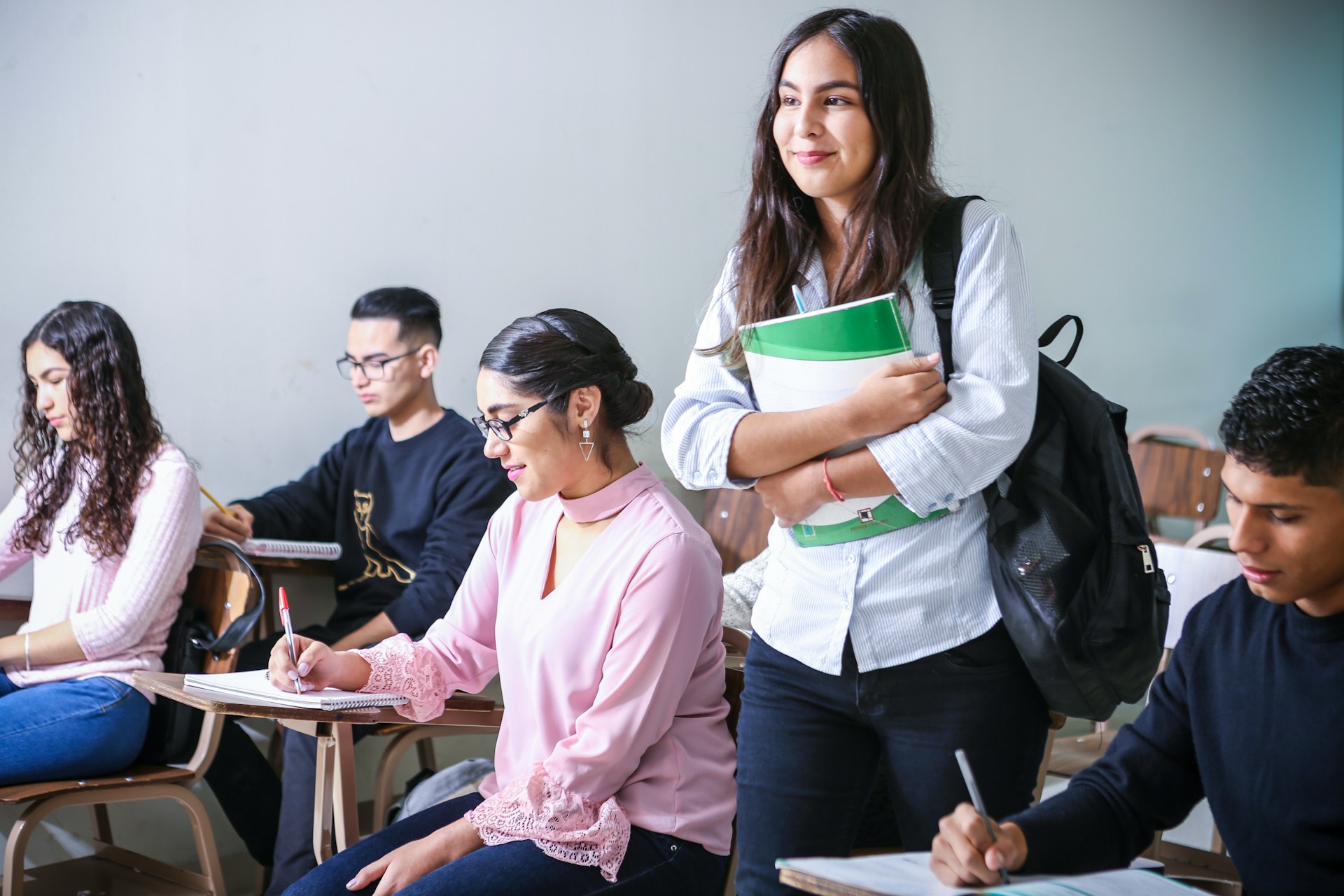The relationship between teachers and students is at the heart of the educational experience. Beyond delivering content and facilitating learning, teachers have the profound responsibility of nurturing positive and supportive relationships with their students. These relationships not only contribute to a positive classroom climate but also play a crucial role in fostering academic success and personal growth. In this article, we will explore the significance of teacher-student relationships and their impact on student outcomes.

Research consistently demonstrates that strong teacher-student relationships are associated with a wide range of positive outcomes for students. When students feel valued, respected, and supported by their teachers, they are more likely to be engaged in learning, motivated to succeed, and resilient in the face of challenges. Moreover, positive teacher-student relationships have been linked to higher levels of academic achievement, improved behavior, and greater social-emotional well-being.
One of the key ways in which teacher-student relationships contribute to academic success is by creating a supportive and nurturing learning environment. When students feel safe, cared for, and connected to their teachers, they are more willing to take risks, ask questions, and actively participate in class discussions. This sense of belonging and trust can have a profound impact on student engagement and motivation, leading to improved academic performance and a more positive attitude towards learning.
Furthermore, strong teacher-student relationships can provide invaluable support for students facing academic or personal challenges. Teachers who take the time to get to know their students on a personal level are better equipped to identify their strengths, needs, and interests. This allows them to provide tailored instruction, offer targeted support, and advocate for their students’ success. Moreover, the emotional support and encouragement provided by caring teachers can boost students’ confidence and self-esteem, empowering them to overcome obstacles and reach their full potential.
In addition to academic support, teacher-student relationships can also promote social-emotional development and well-being. For many students, school is not just a place to acquire knowledge but also a social environment where they form friendships, develop social skills, and navigate interpersonal relationships. Teachers who foster positive relationships with their students can serve as role models, mentors, and trusted confidants, helping students navigate the complexities of adolescence and build healthy relationships with their peers.
Moreover, strong teacher-student relationships can have long-lasting effects beyond the classroom. Research suggests that positive relationships with teachers are associated with higher levels of academic motivation, educational attainment, and overall well-being in adulthood. By investing in nurturing and supportive relationships with their students, teachers not only contribute to their immediate academic success but also lay the foundation for their future success and happiness.
In conclusion, teacher-student relationships are a cornerstone of effective teaching and learning. When teachers prioritize building positive and supportive relationships with their students, they create an environment where academic success, personal growth, and emotional well-being can thrive. By fostering connections, providing support, and cultivating trust, teachers can empower their students to realize their full potential and become lifelong learners who are prepared to succeed in school and beyond.

